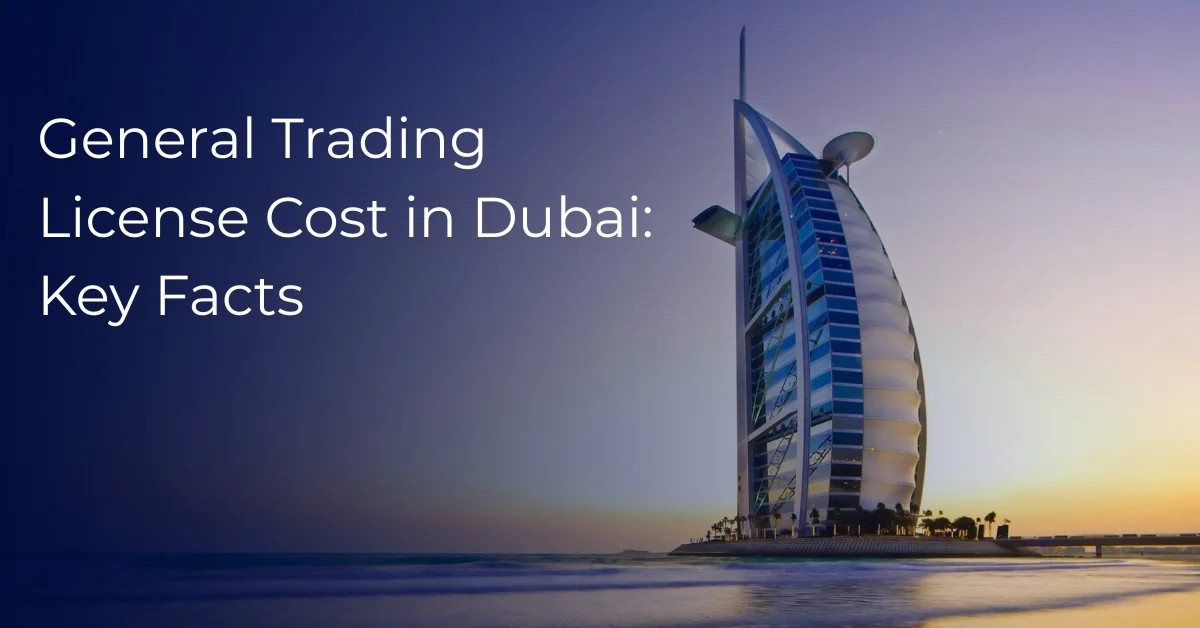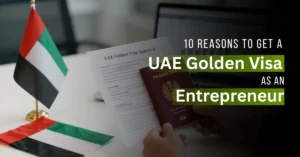Dubai has built its reputation as one of the world’s most dynamic business hubs. Entrepreneurs and investors from across the globe are attracted to its strategic location, world-class infrastructure, and tax-friendly policies. Among the many business licenses available in the UAE, the General Trading License Cost in Dubai is an important consideration for those planning to enter this versatile and highly sought-after sector.
Understanding the General Trading License Cost is crucial before starting a business. Many first-time investors underestimate the expenses involved, which can lead to delays or compliance issues later. By knowing the cost structure in advance, business owners can plan effectively and avoid surprises.
The cost of a general trading license depends on several factors, such as business location, office requirements, number of visas, and whether the setup is in the mainland or a free zone. This article explains everything you need to know about the license, its benefits, and the key costs involved.
What is a General Trading License in Dubai?
A general trading license allows businesses to trade in a wide variety of products without being restricted to a single category. Unlike specialized licenses that cover only one type of activity, such as food, textiles, or electronics, the general trading license gives entrepreneurs the freedom to deal in multiple products under one license.
The scope of this license is extensive. Companies can import, export, and trade in goods ranging from household items and textiles to construction materials and consumer electronics. However, restricted items such as pharmaceuticals, alcohol, and weapons require additional approvals from government authorities.
This flexibility makes the license ideal for businesses that want to diversify their portfolio and explore different markets. Compared to specialized licenses, it offers broader opportunities, which explains why it is one of the most popular choices for investors entering the UAE market.
General Trading License Cost in Dubai
The General Trading License Cost in Dubai typically starts from around AED 15,000 and can go up to AED 50,000 or more, depending on the setup. This wide range exists because each business has unique requirements, and different authorities in Dubai charge varying fees.
At its core, the cost includes government fees, registration charges, and administrative expenses. For a mainland setup, the Department of Economy and Tourism (DET) issues the license, while free zone authorities handle licensing in their respective jurisdictions.
In addition to the base license fee, entrepreneurs must consider expenses such as trade name reservation, office lease agreements, visa allocations, and sometimes security deposits. Renewal charges also apply annually and can vary depending on the free zone or mainland regulations.
Key Factors That Influence the License Cost
1. Business Location
The choice between mainland and free zone plays the biggest role in determining the overall license cost. Mainland businesses have direct access to the UAE market and can trade freely across the Emirates. However, costs on the mainland are usually higher due to office space requirements and government approvals.
Free zones, on the other hand, often provide cost-effective packages that include the license, office facilities, and visa quotas. While free zone companies can easily trade internationally, they may face restrictions when dealing directly in the mainland market unless they work with a local distributor.
2. Number of Shareholders and Visas
The shareholder structure also affects the General Trading License Cost. Licenses can be issued to single owners, multiple partners, or corporate entities. Each structure comes with its own set of documentation and fee requirements.
Visa allocations are another expense. Each visa requires processing fees, deposits, and medical insurance. The more visas a business needs, the higher the total cost will be. Some free zones offer packages that include a fixed number of visas, which can reduce expenses for startups.
3. Office Space or Flexi-Desk Requirement
In Dubai, businesses are generally required to have a physical office or at least a flexi-desk to obtain a license. Mainland companies must lease or own office space, which increases costs depending on the location and size of the premises.
Free zones provide more flexible options, such as shared workspaces or virtual offices. These are often more affordable, making them attractive to small businesses and startups. However, companies planning to hire many employees may eventually need larger offices, adding to the cost.
4. Additional Government Approvals
Certain products require special approvals before they can be traded. For example, trading in medical equipment, food, or cosmetics may need clearance from authorities such as the Dubai Municipality or the Ministry of Health. These approvals come with their own fees and extend the setup process.
Businesses must factor in these additional approvals when calculating the total cost, especially if they intend to deal in restricted or regulated goods.
Benefits of a General Trading License in Dubai
One of the biggest advantages of a general trading license is flexibility. Instead of being tied to a single product category, entrepreneurs can explore multiple industries under one license. This makes it easier to adapt to market demand and diversify revenue streams.
Other key benefits include:
- Access to both local and international markets: Dubai’s location between Asia, Europe, and Africa makes it a global trade hub. Businesses can import from one region and export to another with ease.
- 100% foreign ownership: Allowed in many free zones and certain mainland activities, giving investors full control without needing a local sponsor.
- Simplified employee sponsorship: The license allows companies to hire and manage staff efficiently, supporting business growth.
Step-by-Step Process to Get a General Trading License
The process of obtaining a general trading license is straightforward but must be followed carefully to avoid delays.
Here are the main steps:
- Choose Mainland or Free Zone: This decision affects cost, ownership rights, and operational flexibility.
- Register Trade Name: The business name must be unique, meet UAE guidelines, and gain official approval.
- Submit Application and Documents: Usually includes passport copies of shareholders, proof of office space, and sometimes a business plan.
- Pay Fees and Collect License: Once fees are paid and approvals granted, the license is issued within a few weeks.
Common Mistakes to Avoid
Many entrepreneurs make the mistake of underestimating hidden costs. While some free zones advertise low license fees, additional charges for visas, office space, and approvals can quickly add up.
Choosing the wrong jurisdiction is another common error. Businesses that need to trade directly in the local UAE market may struggle if they set up in a free zone with trading restrictions. Similarly, ignoring office space requirements can lead to delays in license issuance.
Careful planning and consulting with professionals can help avoid these pitfalls and ensure a smooth setup.
Tips to Reduce General Trading License Cost
Entrepreneurs can take practical steps to manage costs. One way is to choose the right free zone package, which often bundles the license, office space, and visas at a competitive rate. This approach is particularly helpful for startups working with limited budgets.
Shared workspaces or flexi-desk options are another cost-saving strategy. These provide all the legal benefits of having an office without the expense of renting a large space.
Working with business setup consultants can also reduce costs in the long run. Many consultants have partnerships with free zones and government departments, enabling them to secure better deals and faster approvals for clients.
Conclusion
The General Trading License Cost in Dubai varies depending on several factors, including business location, shareholder structure, visa requirements, and office space. While the average cost starts from AED 15,000, it can rise significantly with additional services and approvals.
Despite these costs, the license offers substantial benefits, including flexibility in trading multiple products, access to global markets, and opportunities for 100% foreign ownership. For many entrepreneurs, these advantages outweigh the expenses and make Dubai a prime location for setting up a trading business.
For those considering this path, the best approach is to research thoroughly, plan budgets carefully, and consult professionals who can provide tailored advice. With the right preparation, securing a general trading license in Dubai can be the first step toward building a profitable and sustainable business.
Disclaimer: This article is for general informational purposes only and should not be considered legal or financial advice.
Related Topic:






